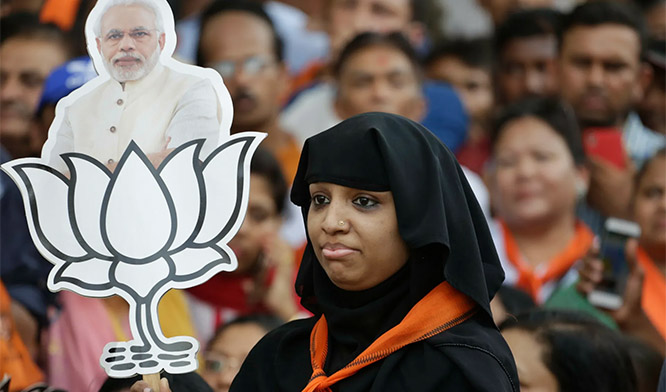
New Delhi, November 4: Accusing the opposition of spreading misinformation regarding policy initiatives taken by UPA, a combative Prime Minister Manmohan Singh today said reform measures, including FDI in retail, will benefit the common man and create more jobs.
Addressing a Congress rally at the Ramlila Maidan here, he said Congress party and the government were committed to create a prosperous India but the people have to travel a long distance to achieve that goal.
"If we want to bring some changes in our policies for the benefit of the country, we will definitely do so," he said.
Defending the opening up of multi-brand retail to foreign investment, he said suggestions that this will harm farmers were "wrong".
The "difference" between Congress and those opposing them was that his party and the government wanted to create a change in the society, he said.
"We have to take difficult decisions to achieve this... Those opposing us will be proved wrong. Eight crore people have benefited from the MNREGA. Twelve crore children have benefited from mid-day meal programme. Prosperity should reach the common man.
"We need economic reforms to create more jobs... The people are being misled about recent government decisions... We have done a lot of work in the last eight years," Singh said.
Elaborating on his defence of FDI, he said Congress and the government believes that FDI in retail is in the interest of farmers.
"All will be benefited. Farmers will get the right price for their produce. New employment opportunities will emerge. It is wrong that FDI in retail will affect farmers. Such a suggestion is aimed at misleading the country," he said.







Comments
Add new comment